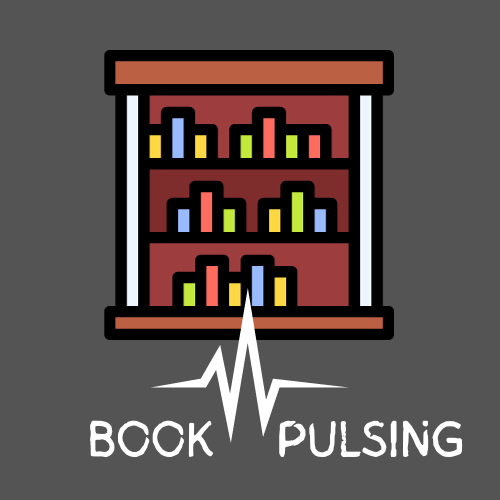The Code Breaker Review: A Riveting Story of Science, Ethics, and Humanity
Name: The Code Breaker
Launch: 9 March 2021
Author: Walter Isaacson
Genre: Popular Science, Biography, Non Fiction
Rating: ★★★★★Buying Link: Amazon
The Code Breaker: Jennifer Doudna, Gene Editing, and the Future of the Human Race is a non-fiction book by Walter Isaacson, a renowned historian and journalist who has written biographies of Leonardo da Vinci, Steve Jobs, Albert Einstein, and Benjamin Franklin. The book, published in March 2021 by Simon & Schuster, is a profile of Jennifer Doudna, the winner of the 2020 Nobel Prize in Chemistry for her work on the CRISPR system of gene editing. The book is also an overview of the frontiers of genetic engineering, and the ethical and social implications of this revolutionary technology. The book is a captivating and compelling work that combines scientific rigor, historical context, and human drama to tell the story of one of the most important and controversial discoveries of our time.
The book begins with a brief introduction that explains the basics of DNA, RNA, and gene editing, and sets the stage for the main narrative. The book then follows the chronological order of Doudna’s life and career, from her childhood in Hawaii, where she was inspired by a book on the structure of DNA, to her education and training in biochemistry and molecular biology, to her breakthroughs and collaborations in the field of CRISPR, to her involvement and leadership in the ethical and social debates surrounding gene editing. The book also interweaves the stories of other scientists, such as Emmanuelle Charpentier, Feng Zhang, George Church, and Francis Collins, who have contributed to the development and application of CRISPR. The book covers the scientific, historical, and personal aspects of the CRISPR saga, such as the discovery of the bacterial immune system that forms the basis of CRISPR, the competition and cooperation among different research groups, the patent disputes and legal battles, the potential and pitfalls of using CRISPR for human health and enhancement, and the moral and philosophical questions that arise from manipulating the code of life. The book also explores the broader themes and issues that relate to the CRISPR story, such as the nature and process of scientific discovery, the role and responsibility of scientists and society, the balance between innovation and regulation, and the future and fate of humanity.
The book is a well-written and well-researched work that draws on the author’s extensive interviews with Doudna and other key players, as well as his access to primary sources, such as scientific papers, diaries, and emails. The book is rich in details, anecdotes, and quotations that bring the characters and the events to life. The book is also clear and accessible in its explanations of the complex and technical concepts and procedures involved in gene editing, making them understandable and interesting for a general audience. The book is not only informative and insightful, but also engaging and entertaining, as it captures the excitement and the drama of the CRISPR story.
The book is a must-read for anyone who is interested in the science and the ethics of gene editing, and the impact and implications of this technology for humanity. The book is also a valuable source of inspiration and admiration for anyone who wants to learn more about the life and the achievements of Jennifer Doudna, one of the most influential and admirable scientists of our time. The book is not only a book about CRISPR, but also a book about science, ethics, and humanity.
I would give this book a rating of 5 out of 5 stars, as it is a well-crafted and well-balanced work that offers a comprehensive and captivating perspective on the CRISPR story. I would recommend this book to anyone who wants to know more about CRISPR, gene editing, and the future of the human race. I would also suggest some questions for further discussion, such as:
- What are the benefits and risks of using CRISPR for human health and enhancement, and how can they be weighed and managed?
- How can the scientific community and the society ensure that CRISPR is used for good and not for evil, and who should have the authority and the accountability for making these decisions?
- How does CRISPR challenge and change our understanding of ourselves and our relationship with nature, and what are the implications for our identity and our destiny as a species?
- How did Jennifer Doudna overcome the obstacles and the stereotypes that she faced as a woman in science, and what can we learn from her example and her experience?
- How did Walter Isaacson portray the personalities and the motivations of the scientists involved in the CRISPR story, and how did he balance the scientific and the human aspects of the narrative?




Post a Comment